What do you think?
Rate this book
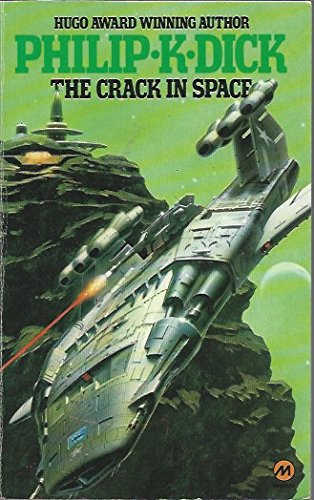

188 pages, Paperback
First published February 1, 1966
"The young couple, black-haired, dark-skinned, probably Mexican or Puerto Rican, stood nervously at Herb Lackmore's counter and the boy, the husband, said in a low voice, «Sir, we want to be put to sleep. We want to become bibs»"The earth is overpopulated. Very high levels of unemployment (but not for white people). It's better to hibernate while waiting for better times. And here comes a crack in space, which seems to drive directly to a new planet, similar to the Earth, entirely to colonize. Maybe it's time for the poorest and oppressed people to have a chance. It's time to awake.
The standard visionary Philip K. Dick.
Vote: 7
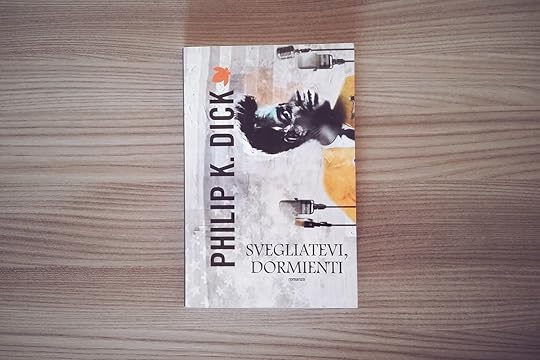
"I due giovani, una coppia, capelli e pelle scuri, probabilmente messicani o portoricani, stazionavano nervosamente davanti al bancone di Herb Lackmore, e il ragazzo, il marito, disse in un sussurro, «Signore, vogliamo essere messi a dormire, vogliamo diventare inerti»"Terra sovrappopolata. Livelli di disoccupazione esorbitanti (non per i bianchi, però). Meglio ibernarsi in attesa di tempi migliori. Ed ecco che una breccia nello spazio sembra portare direttamente ad una nuovo pianeta, del tutto simile alla Terra, completamente da colonizzare. Forse è giunto il tempo in cui anche la popolazione più povera e oppressa ha a disposizione la sua possibilità. E' ora di ridestarsi.
Il solito visionario ed attuale Philip K. Dick.
Voto: 7
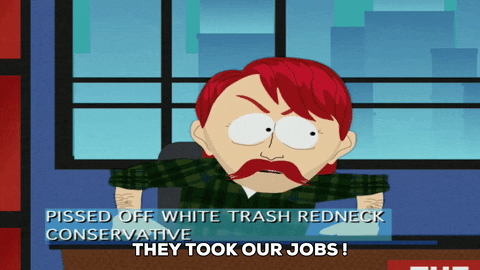
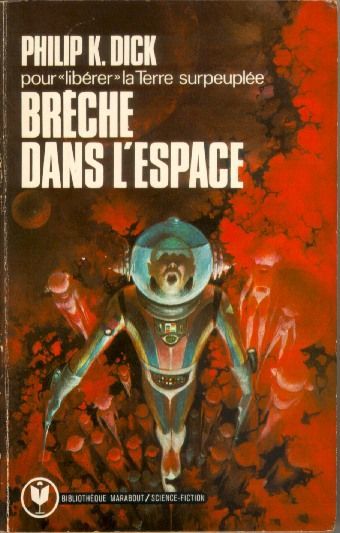

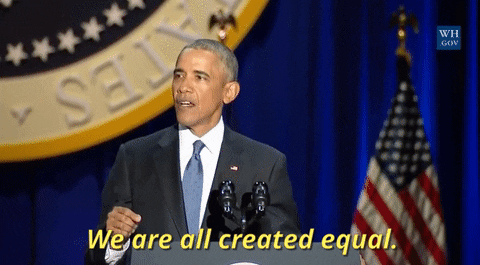
When will we have an Asian/Latino president?
🤔